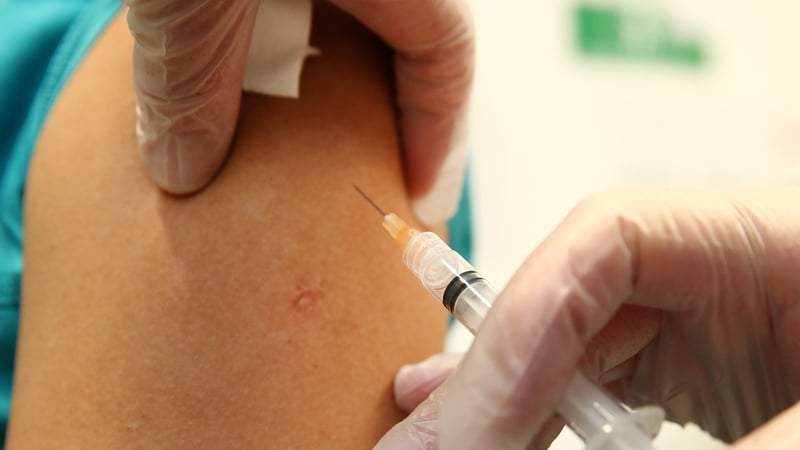The World Health Organization warned of a "slide back" in global efforts to eliminate measles, as the death toll from an outbreak that has killed dozens of children in Samoa continued to climb.
A total of 55 people have died since the epidemic began in mid-October, 50 of them children aged four or under, officials in the Pacific nation said.
Another 18 infants are critically ill in hospital and the crisis shows no sign of slowing, with 153 new cases in the past 24 hours, taking the national total to 3,881 in a population of 200,000.
Emergency measures including compulsory mass immunisations and school closures have so far done little to stop the virus spreading in a country that was particularly vulnerable to measles due to low vaccination rates of about 31%.
WHO medical officer for the western Pacific, Jose Hagan, said it was a grim reminder of the danger posed by "probably the most infectious disease that we know of".
"Unfortunately the case (to) fatality rate of measles is much higher than people realise," he told Radio New Zealand.
"This is quite a severe disease and we just aren't used to seeing it, so it comes as quite a surprise when we see how fatal it can be."
He said the fatality rate in Samoa was less than 2%, but had been known to reach 5% in developing countries.
Read More:
WHO expresses concern at rise in measles cases
View from New York - Measles outbreak worst in decades
Millions of children miss measles vaccine - UNICEF
Mr Hagen said increased access to measles vaccines was estimated to have saved 21 million lives over the past 20 years.
"But we are starting to have a slide back and there are outbreaks happening all over the world in all WHO regions and it's leading to the virus being exported through international travel," he said.
Cases have skyrocketed in Europe, leading to Britain, Greece, the Czech Republic and Albania all losing their measles-free status in August.
The United States narrowly maintained its "measles eliminated" status a few months later, despite experiencing its worst outbreak since 1992.
The WHO has pointed to various reasons for declining immunisation rates, including lack of access to healthcare and complacency about the need to vaccinate.
Another major factor, which has been cited by the WHO as a reason for the severity of the Samoa outbreak, is misinformation about immunisation from anti-vaccine campaigners.
Prime Minister Tuilaepa Sailele Malielegaoi this week said vaccination was the only answer to the epidemic.
He has ordered the government to cease non-essential operations on Thursday and Friday so public servants can help a mandatory vaccination campaign that aims to give anti-measles jabs to everyone aged below 60.
Meanwhile, a New Zealand newspaper has apologised over a cartoon it published, which made reference to the outbreak.
The Otago Daily Times said the content and timing of the cartoon were insensitive and promised to review its cartoon selection process.
The cartoon, by Garrick Tremain, depicts two women leaving a travel agent with the caption "I asked 'what are the least popular spots at the moment? She said 'the ones people are picking up in Samoa'."
The newspaper said it has published many stories about the human suffering caused by the measles outbreak.
"They are stories not about a virus, they are stories of real people, real hurt, and real tragedy. This should have been our starting point when considering publishing the cartoon. That it was not was a deeply regrettable error in judgement."
Racism has no heart.
— Sonny Bill Williams (@SonnyBWilliams) December 3, 2019
Prayers for our Samoan children 😢🇼🇸 https://t.co/u4ccNom3y2
50 babies picked up those spots and died, Otago Daily Times. pic.twitter.com/lrQLScR9ow
— Sita Leota (@SitaLeota) December 3, 2019
